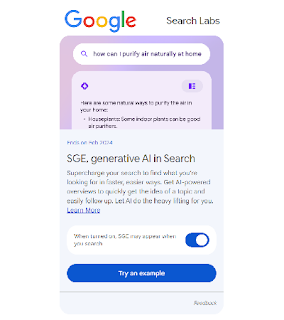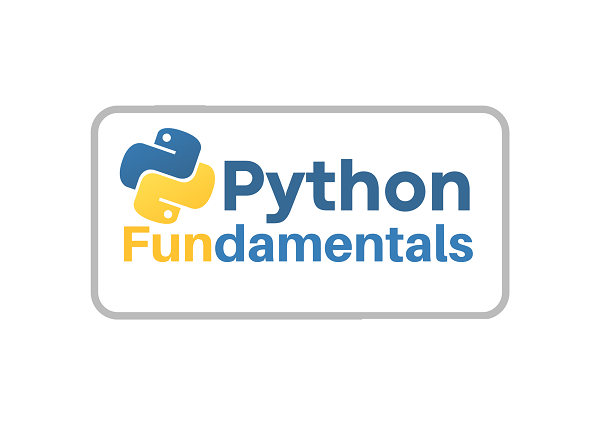Can We Separate Intelligence From Body? Exploring the Intersection of Consciousness and Technology
Can we separate intelligence from the body? Dive into the philosophical and technological implications of separating consciousness from the physical form in this thought-provoking article.
The concept of intelligencehas fascinated philosophers, scientists, and thinkers for centuries. The ability to reason, solve problems, learn new things, and adapt to changing circumstances is a defining characteristic of human beings.
However, the question of whether intelligence can be separated from the body remains a subject of intense debate.
This article will explore the various perspectives on this question, examining the scientific, philosophical, and ethical implications of the concept of disembodied intelligence.
What
is Intelligence?
Intelligenceis a complex and multifaceted concept that encompasses a broad range of cognitive abilities. At its core, intelligence involves the capacity for learning, problem-solving, reasoning, and abstract thinking.
It is the ability to acquire and apply knowledge and skills, to adapt to new situations and environments, and to engage in complex mental processes.
Intelligence is typically measured using standardized tests such as IQ tests, which assess a person's ability to reason, understand complex ideas, and solve problems.
However, there is ongoing debate about the validity and reliability of these tests and whether they truly capture the full range of human intelligence.
The
Brain and Intelligence:
The human brain is the primary organ responsible for intelligence. It is a complex network of neurons and synapses that work together to process information, form memories, and generate thoughts and emotions.
The brain is divided into different regions that specialize in different functions, such as perception, language, memory, and emotion.
Research has shown that intelligence is strongly correlated with the size and complexity of certain regions of the brain, particularly the prefrontal cortex and the parietal cortex.
These areas are involved in higher-order cognitive processes such as planning, decision-making, and problem-solving.
However, it is important to note that the brain does not function in isolation. It is deeply intertwined with the rest of the body and relies on input from the senses, hormones, and other bodily systems to function properly.
For example, research has shown that exercise, nutrition, and sleep can all have a significant impact on cognitive function.
Can
Intelligence be Separated from the Body?
Given the central role of the brain in intelligence, it is tempting to speculate about the possibility of separating intelligence from the body entirely.
This idea has been explored in science fiction for decades, with the concept of a disembodied artificial intelligence or a human consciousness uploaded into a computer or digital substrate.
However, from a scientific perspective, the idea of a truly disembodied intelligence is highly speculative and likely impossible.
While it is possible to create artificial intelligence that can replicate certain aspects of human intelligence, such as pattern recognition and language processing, it is still dependent on a physical substrate or hardware to operate.
Furthermore, even if we could create an artificial intelligence that was capable of independent thought and problem-solving, it is unclear whether it would truly be "intelligent" in the same sense as a human being.
Human intelligence is not just a matter of processing information but also involves emotions, social interaction, and a sense of self-awareness that is deeply rooted in the body.
Philosophical
and Ethical Implications:
The concept of disembodied intelligence raises a number of interesting philosophical and ethical questions.
For example, if we were able to create a truly independent artificial intelligence, would it have the same moral status as a human being? Would it be entitled to the same rights and protections?
Furthermore, the idea of uploading human consciousness into a digital substrate raises questions about the nature of consciousness itself. Is consciousness a purely physical phenomenon, or is there something more to it that cannot be captured in a computer program?
The ethical implications of creating artificial intelligence also need to be considered. If we create a truly independent and autonomous AI, what responsibilities do we have to ensure that it is used ethically and responsibly?
What measures should be put in place to prevent it from being used for malicious purposes?




Comments
Post a Comment